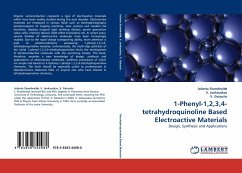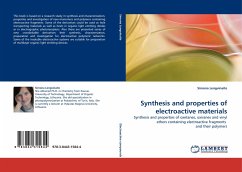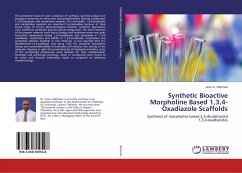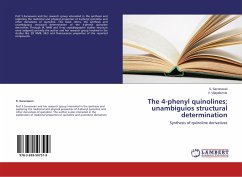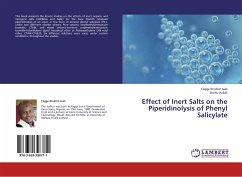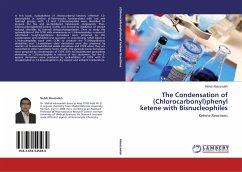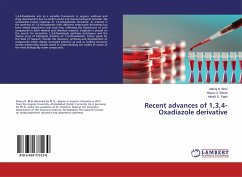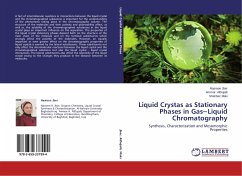Organic semiconductors represent a type of electroactive materials which have been widely studied during the past decades. Electroactive materials are employed in various fields such as electrophotography (photoreceptors of copying machines, laser printers and modern fax machines, displays (organic light emitting diodes), power generation (solar cells), memory devices (field effect transistors) etc. In recent years, several families of electroactive molecules have been increasingly studied. Due to the rapid charge transporting ability, more attention is paid to photoconductors possessing 1-phenyl-1,2,3,4-tetrahydroquinoline moieties. Unfortunately, the multi-step synthesis of the initial 1-phenyl-1,2,3,4-tetrahydroquinoline limits the development of photoconductive molecules with this promising moiety. This book, therefore, provides a new knowledge of design, synthesis and applications of electroactive molecules, synthesis procedures of which are simple and based on 3-hydroxy-1-phenyl-1,2,3,4-tetrahydroquinoline chemistry. The book should be especially useful to professionals in Optoelectronics Materials field, or anyone else who have interest in tetrahydroquinoline chemistry.

